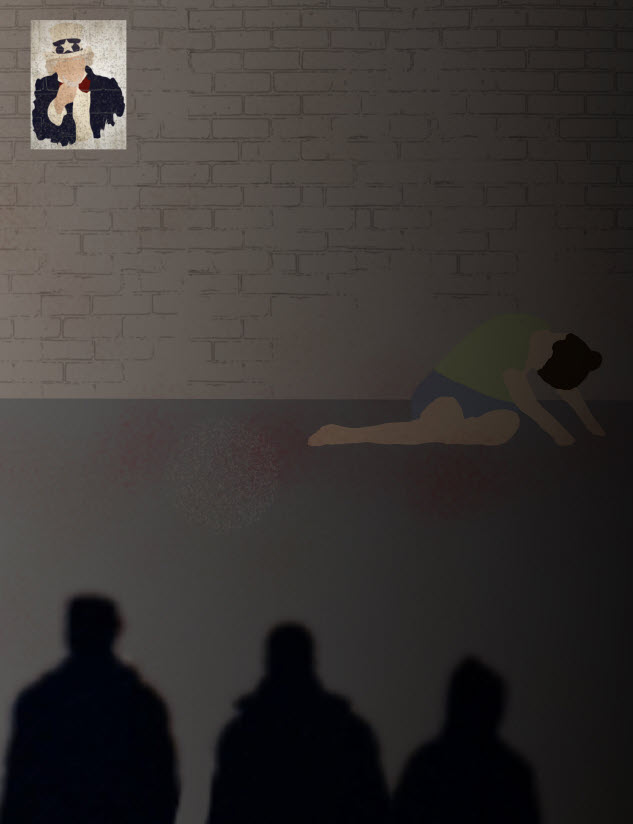How to Use Torture Changed American Foreign Policy Realities
Abstract
On September 11, 2001, the United States experienced the deadliest terrorist attack in human history. The events of that day inflicted a devastating emotional toll on Americans, changed international perceptions of terrorism, and raised questions about America’s foreign policy and role in the world. Despite the longstanding public opposition to torture based on norms derived from American liberalism (including a general concern for civil liberties and rights of the accused), widespread acceptance of the use of torture emerged in the aftermath of 9/11 (Mayer & Armor 2012). This research paper attempts to examine the complex relationship between state-sanctioned
torture and foreign policy, specifically asking: how did the United States’ use of torture in the aftermath of 9/11 impact the politico-strategic realities of American foreign policy? This article offers an overview of America’s torture policies and subsequently explores their unintended impacts. The analysis finds that the impacts observed from America’s use of torture post-9/11 decreased the
feasibility of counterterrorism policies, alienated traditional allies, and weakened the influence of American soft power around the globe. The article concludes with a discussion of implications and presents an argument against torture for realists that does not depend on human rights.
Downloads

Downloads
Published
Issue
Section
License
Copyright (c) 2023 Jivan Lai

This work is licensed under a Creative Commons Attribution-NonCommercial-NoDerivatives 4.0 International License.

